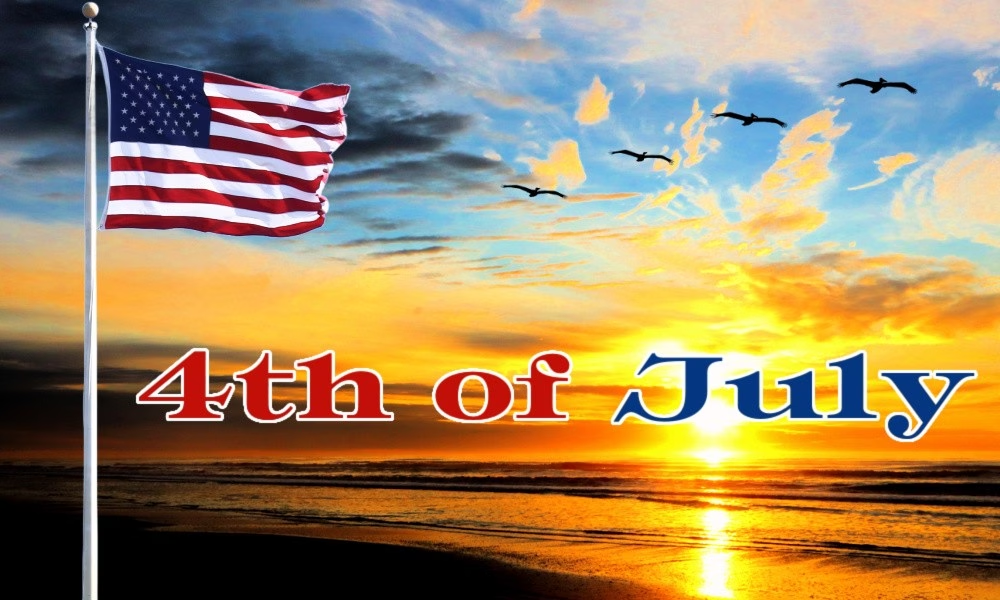
The 4th of July and Its Meaning for Texans and Americans Alike
Every summer, Americans gather with family and friends to celebrate the 4th of July—Independence Day. It’s a day known for fireworks, parades, backyard cookouts, red-white-and-blue everything, and an overwhelming sense of national pride. But behind the celebration is a deeply significant history that shaped the foundation of the United States and continues to inspire generations.
On July 4, 1776, the Continental Congress officially adopted the Declaration of Independence, announcing the thirteen American colonies’ separation from British rule. Authored primarily by Thomas Jefferson, the document outlined grievances against King George III and asserted the colonies’ right to self-governance. It boldly proclaimed that all men are created equal and endowed with unalienable rights, including life, liberty, and the pursuit of happiness.
While the Revolutionary War had already begun in 1775, the Declaration was the moment the colonies publicly committed to full independence. July 4th became a symbol of freedom, resistance, and the beginning of a new nation grounded in democratic ideals.
For Americans, Independence Day is more than a day off work or a fireworks show. It’s a chance to reflect on the founding values of the United States—freedom, equality, and justice. It honors the sacrifices made by the Founders and countless citizens since then to defend those ideals. It’s also a celebration of national unity, civic pride, and the continued promise of the American experiment.
The 4th of July is unique in that it celebrates an idea: that people have the right to choose their own government and chart their own course. Every time Americans cast a vote, protest peacefully, or speak their minds freely, they are living out the spirit of that first Independence Day.
In Texas, Independence Day carries additional layers of significance. Texans understand the value of independence—it’s deeply woven into the state’s own history. After all, Texas was once a republic, winning its independence from Mexico in 1836 after the famous Battle of San Jacinto. Just like the American colonies, early Texans fought for freedom, self-governance, and a break from an overreaching government.
As with any national holiday, the 4th of July is what you make of it. It’s a time for laughter, grilling, swimming, and watching fireworks with the people you love. But it’s also a moment to think about what it means to be American—and to recommit to the values of liberty, democracy, and equality.
So wherever you are this Fourth of July—whether watching fireworks over the bay, flipping burgers on the beach, or simply waving a flag from your deck—take a moment to appreciate the freedom we all share, and the history that got us here.




